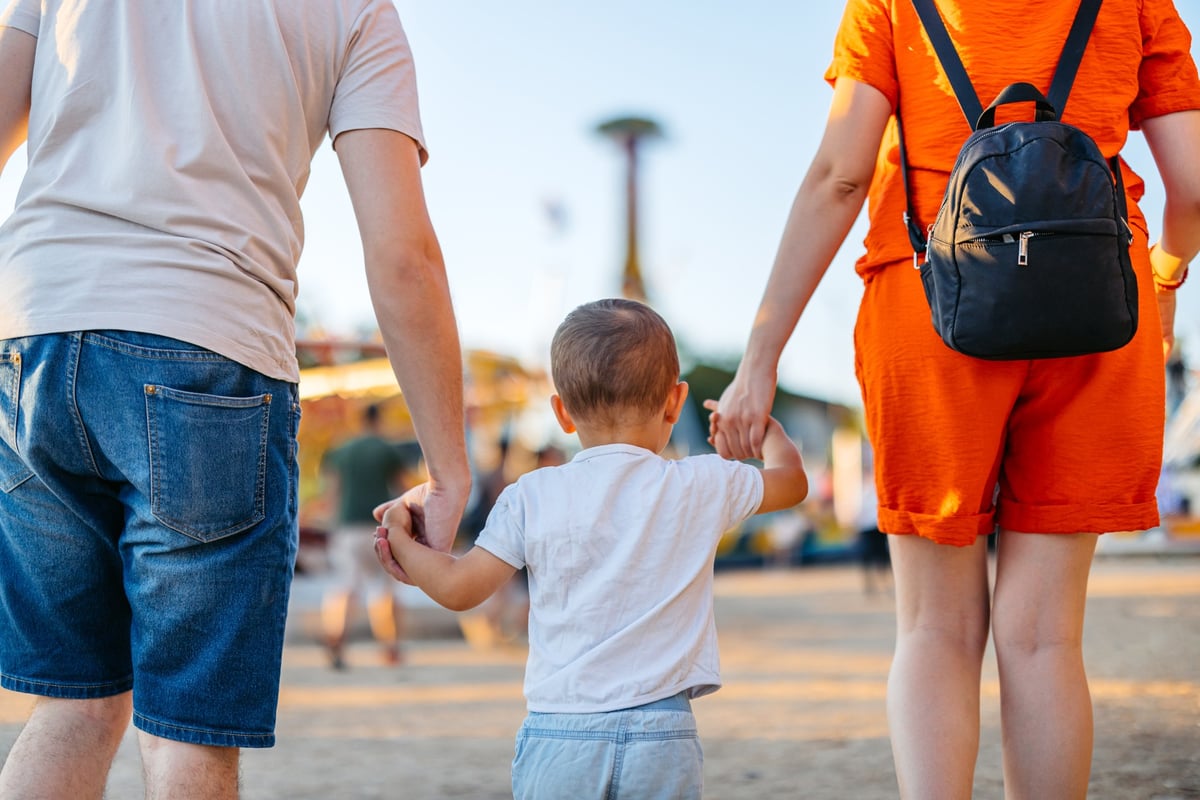
Does your partner know what sleep tog to put on your toddler for different temperatures? Do they understand the solid food schedule? Can they navigate the morning routine without asking you 17 questions about where everything is?
If you're thinking "absolutely not," you might be dealing with what researchers call "passenger parenting" – and it very well could be the reason you're constantly feeling frustrated with your other half.
Watch: The default parent. Post continues below.
Recent research has called out that in heterosexual relationships, where mums most often take the wheel, some dads experience a phenomenon labelled "passenger parenting".
The term was coined by Norma Barrett, a lecturer in public health at Deakin University, who found that while fathers are becoming increasingly engaged in daily family life, many still feel on the "outskirts" when it comes to actual parenting decisions.
Think of it like this: they're in the car, they're present for the journey, but they're not the one with their hands on the steering wheel making the calls about which route to take.
It often starts innocently enough. When baby arrives, it's usually mum who takes time off work and naturally becomes the go-to parent for everything – feeding schedules, sleep routines, doctor's appointments, the works.




























































































